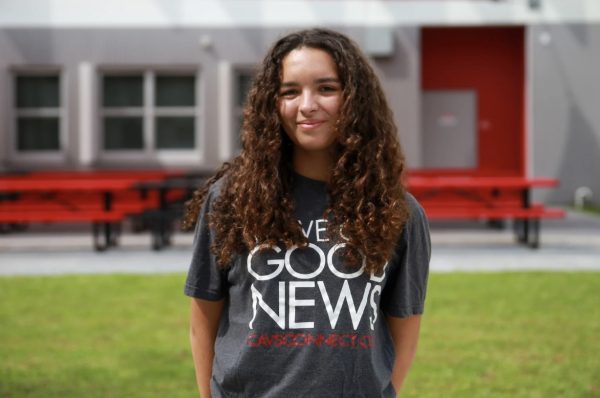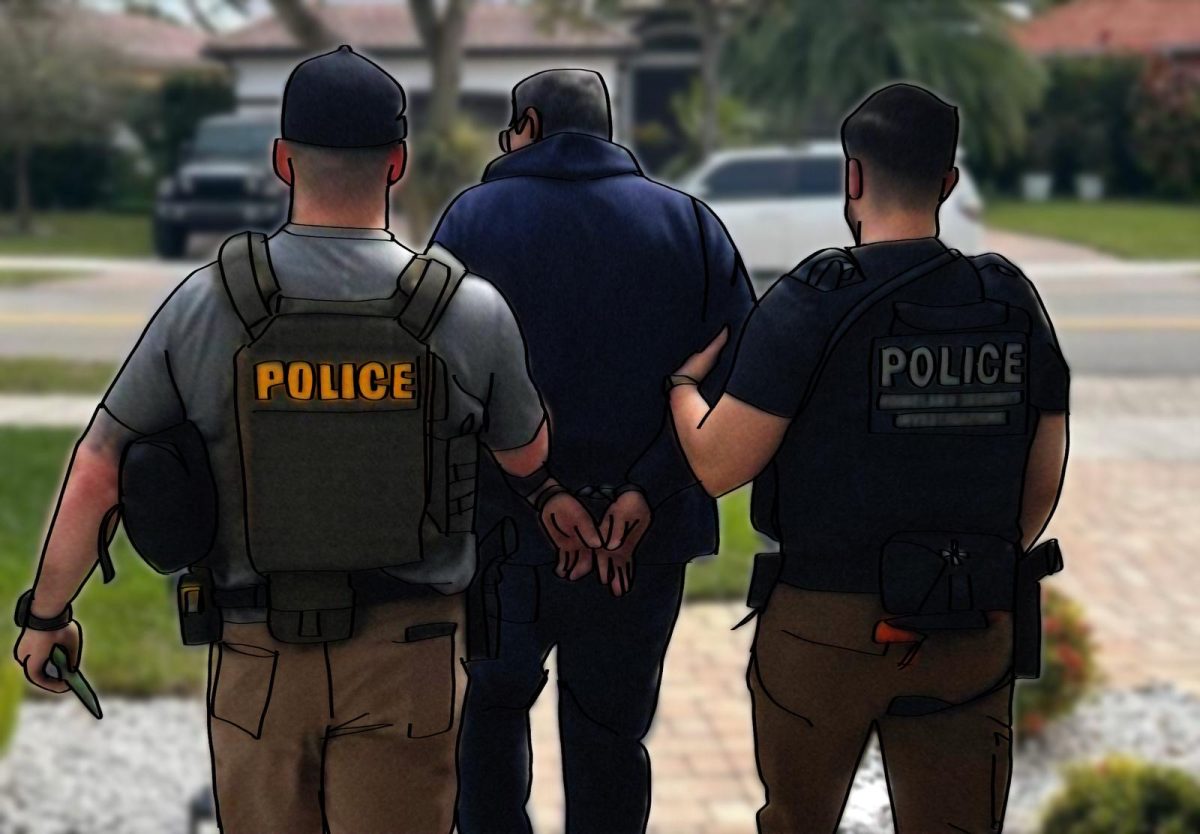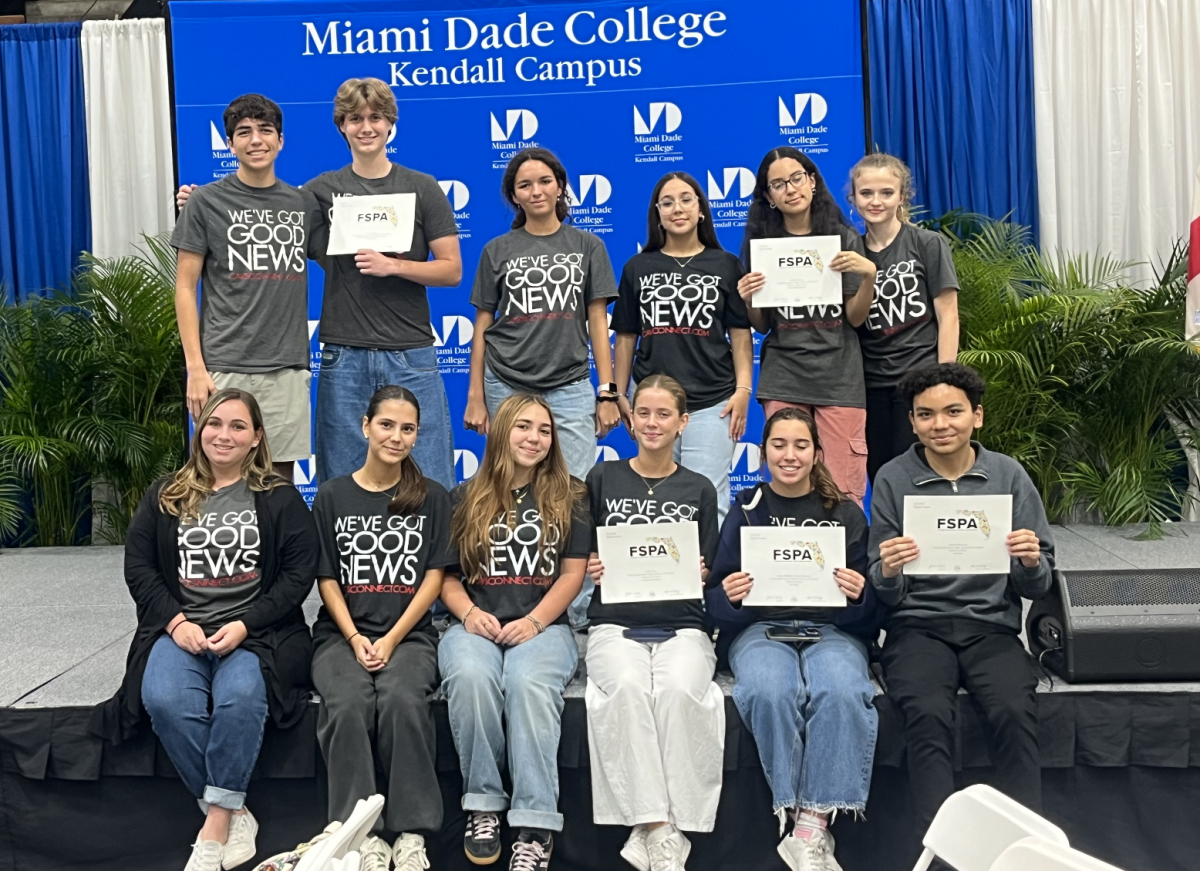For the second time since 2022, racial gerrymandering, the process where a government draws district lines to lessen the influence of racial minorities in the voting process, has been legally contested in the City of Miami. On Jan. 29, the community groups of Grove Rights, Community Equity Group and Engage Miami and the South Dade and Miami-Dade NAACP Branches, along with five individuals, have brought up the issue of racial gerrymandering in Miami with the new district lines that went into effect on Nov. 7, 2023.
This issue was first brought to the City of Miami in December 2022 with the same community groups in the present trial who decided to go up against Miami. The new district lines were reported to be intentionally divided with the idea of separating races and breaking apart communities such as Brickell and Coconut Grove. This issue was realized as the former District 2, which included Coconut Grove, was divided. These district lines broke off West Coconut Grove, the predominately Black part of the Grove area.
“I think the judge should make Miami redraw the district lines because it’s really not fair to the people that have been living in these districts their whole life. If I were in their position I would definitely do what they’re doing and protest it,” sophomore Serafina Baraloto said.
Much like the previous proceeding, the trial is a federal lawsuit that accuses the City of Miami of violating the 14th amendment and its Equal Protection Clause. Although the alliance of community groups and individuals won the past trial, the new map that the commissioners of Miami were obliged to redraw was observed to be too similar to the previous one.
The community has decided to fight back once again with their same evidence they provided in their past trial. The groups are presently worried that the racial gerrymandering they fight against will reinforce racial stereotypes, break communities and cultures in Miami. The plaintiffs are concerned this new map packs Black and Hispanic voters into specific districts and will prevent the specified races from being given proper representation.
“I agree with the people going against Miami because it’s unfair that their votes are being diminished. They doing the right thing because they don’t want these people to be silenced,” sophomore William Hardie said.
The City of Miami admonished that the opposite party’s argument had no merit, as some of the more involved leaders are not residents. The City considered that for this reason, the executive director of Engage Miami and a member of the board in GRACE do not have legal standing in the trial. They also argued that the new district lines were not primarily impacted by race and that other factors played a role into the final district map.
“Miami is very diverse and a lot of its culture is accumulated through its diversity. It’s important that everybody’s voice is heard and I think that the judge should not rule in favor of the City of Miami,” junior Natalie Schwart said.
During the trial the judge stated that the previous trial and its results did not make much of an impact on the issue and ultimately decided to end the trial and take time to issue a rule. The trial ended on Jan. 30, as the judge suggested the commissioners and the joined community groups to come to a settlement in light of upcoming elections.
“We live in a generation where things are changing for the wrong reasons and there are things we could easily change and avoid from happening. It’s not right that Miami keeps their new district map and they should just change the map to make sure this doesn’t happen again,” sophomore Sharon Contreras said.
If the coalition of community groups and individuals win the trial, Miami commissioners will see themselves forced to redraw a new map while avoiding controversy of separating the districts based on race. If the City of Miami wins, then they will continue with the map until the 2030 U.S. census. Either decision will impact Miami and open the city to new ideas and systems as communities within these barriers will continue to see themselves affected.










